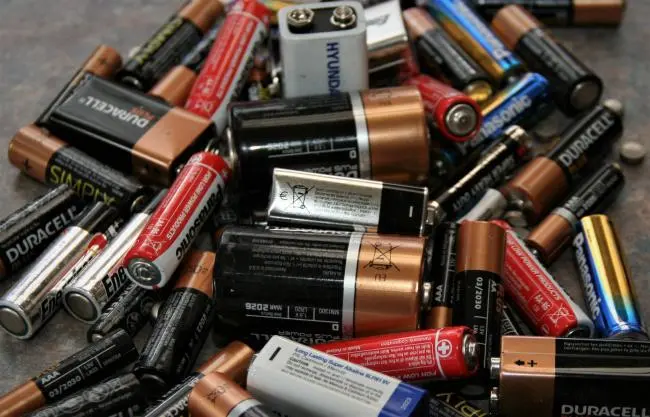Batteries, or electricals containing batteries, that end up inside bins or recycling and waste lorries with other materials, get crushed in the waste or recycling process. This can result in them being punctured and self-combusting, setting fire to dry and flammable waste and recycling around them.
In June a fire at the Materials Recycling Facility in Great Blakenham, near Ipswich, which recycles waste from across Suffolk, is suspected to have been started by a battery dumped with household recycling. The fire was located deep within nearly 400 tonnes of waste and took firefighters and staff nearly two hours to extinguish.
Electricals containing batteries that tend to be discarded the most are smaller, frequently used and often cheaper electricals like toothbrushes, shavers, chargers and toys. Lithium-ion batteries are responsible for around 48% (more than 200) of all waste fires occurring in the UK each year according to the Environmental Services Association, the trade body representing the UK's resource and waste management industry. These fires cost some £158 million annually to waste operators, fire services and the environment. Yet the Material Focus survey found 45% of householders are unaware of the fire risk if they do not safely dispose of batteries hidden inside electrical items.
Councillor James Mallinder, the chair of Suffolk Waste Partnership, said:

